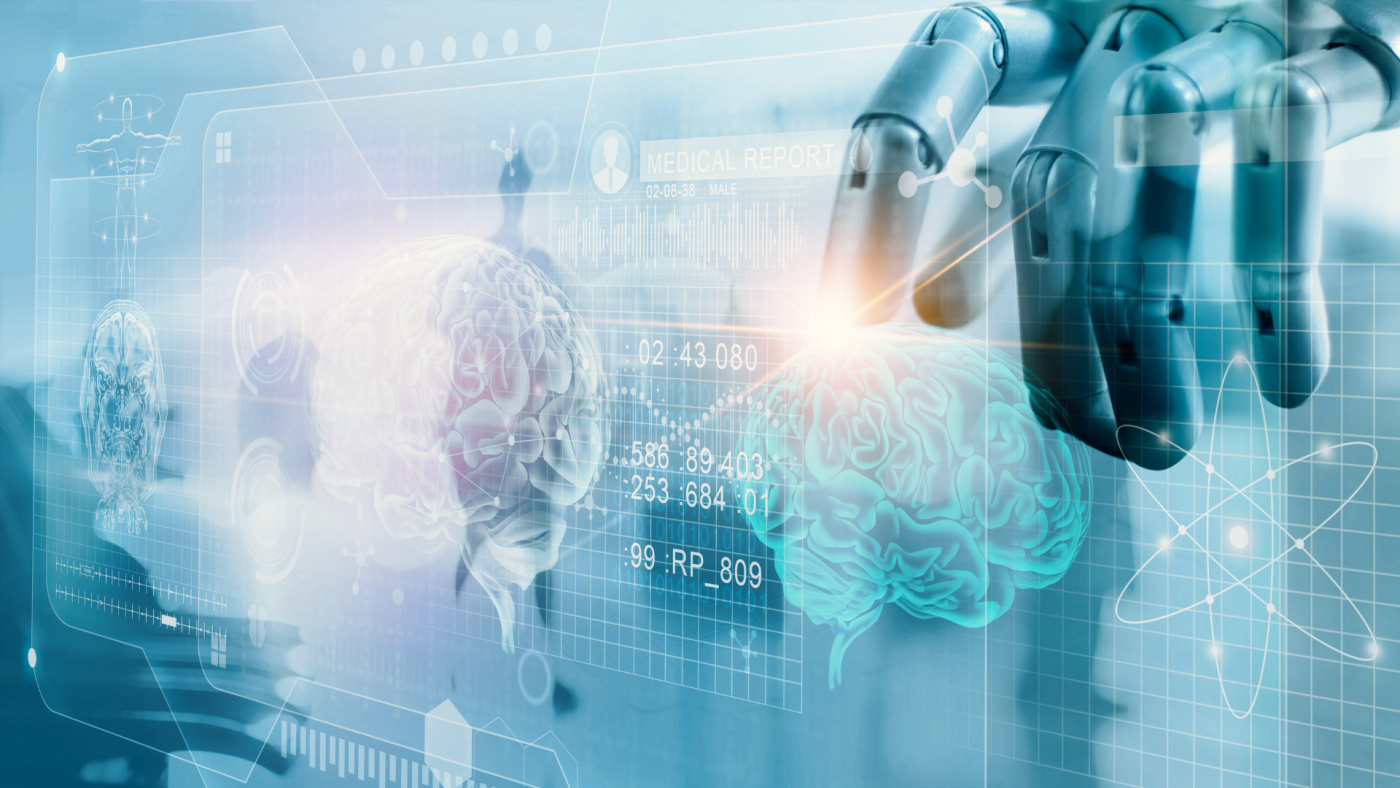How Ai Can Help Make Medical Students Be Better Doctors in 2025

Authors: Amina Khalpey, PhD, Brynne Rozell BS, Zain Khalpey, MD, PhD, FACS
Artificial Intelligence (AI) has been rapidly advancing in recent years and its impact on healthcare has been substantial. AI can be used to help diagnose diseases more accurately and rapidly, optimize drug dosing and tailor treatments to individual patients, automate administrative tasks to improve efficiency, and streamline the delivery of care. AI can also be used to analyze large datasets to identify trends and recognize patterns that may aid in the development of new treatments. AI is also being applied to a range of medical applications, from predicting heart disease risk to detecting cancer.
In the next few years, AI will continue to play a vital role in revolutionizing not only the practice of medicine, but the training of it as well. AI is a valuable tool that can help medical students become better doctors. Medical students will benefit from utilzing this cutting edge technology to hone their diagnostic skills and clinical decision-making by providing them with personalized guidance and support. AI can also be used to analyze and monitor a patient’s health over time, providing medical students with real-time feedback to help them make better decisions in the future.
Here are a few ways that AI will help train better medical students in 2025:
Diagnosis and Treatment Planning: AI algorithms can help medical students and doctors make more accurate diagnoses by analyzing patient data such as medical history, lab results, imaging studies, and other relevant information. These algorithms can also suggest personalized treatment plans based on the patient’s unique characteristics and medical history.
Predictive Analytics: AI can help medical students identify potential health risks and predict the likelihood of future health problems. This will allow medical students to develop more comprehensive treatment plans and better manage patient care earlier on in their education.
Improved Medical Education: AI can provide medical students with a more personalized and engaging learning experience. For example, virtual reality simulations can help medical students practice procedures and decision making in a safe and controlled environment. AI can be used to analyze student data to identify areas that need improvement and provide targeted learning experiences.
Streamlining Clinical Workflows: AI can automate repetitive tasks such as data entry and documentation, freeing up time for medical students to focus on more important tasks. This can help medical students provide better care for their patients and improve patient outcomes.
Enhanced Collaboration and Sharing of Information: AI can facilitate better collaboration between medical students and their colleagues by enabling them to easily share information and knowledge. This can lead to improved patient outcomes and better patient care.
Overall, AI will play a critical role in helping medical students become better doctors in 2025. By leveraging the power of AI, medical students can make more informed decisions, provide better patient care, and improve patient outcomes. The personalized learning feedback that AI can generate will enable medical students to hone their skills. However, it is important to note that AI should be used as a tool to enhance the practice of medicine and not replace the human touch and judgment of a doctor. Ai is a valuable tool to augment physician decision-making, but it cannot be relied upon to replace it.
The integration of AI in medical education and practice will have a profound impact on the future of healthcare. Medical students who embrace AI and understand its potential will be better equipped to provide the highest quality of care for their patients in 2025 and beyond.



